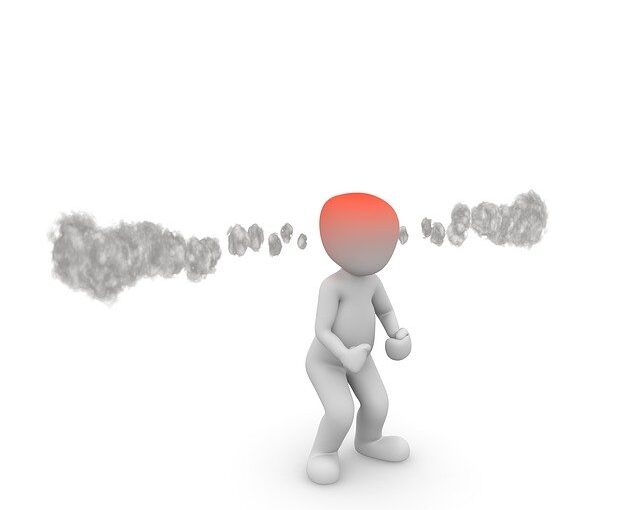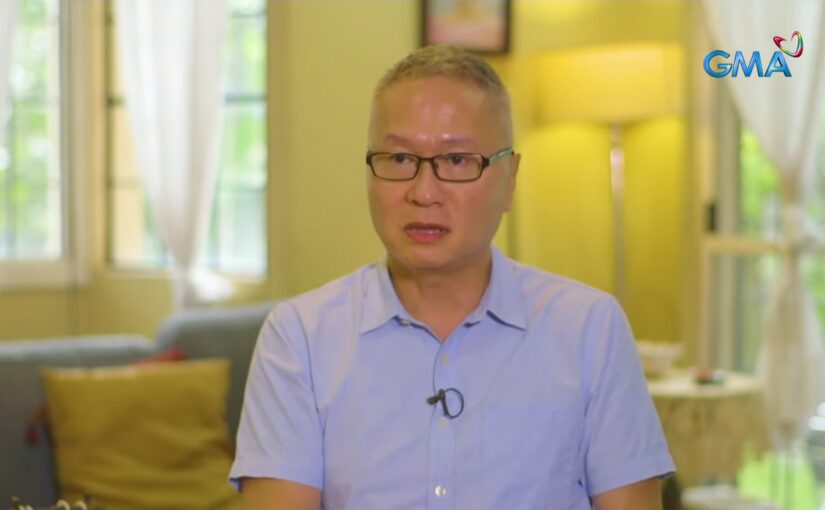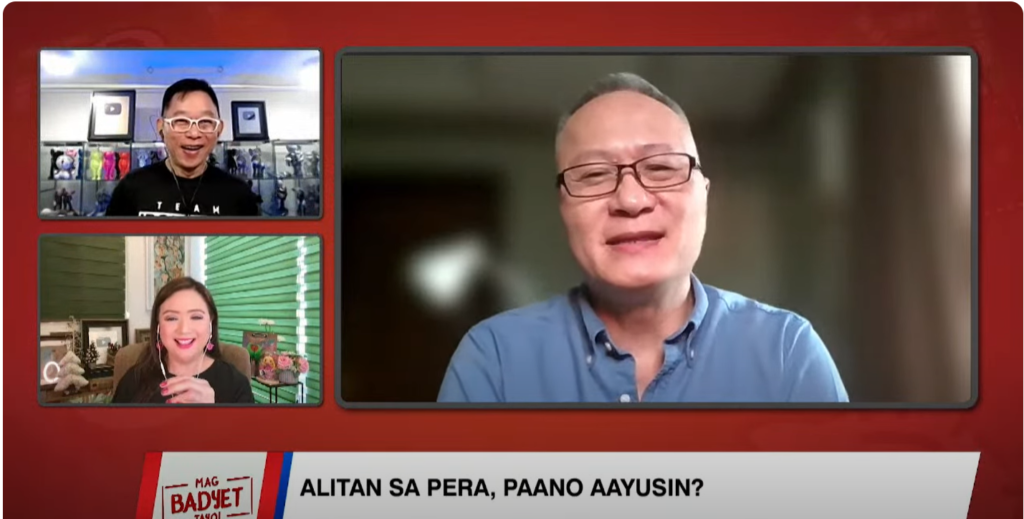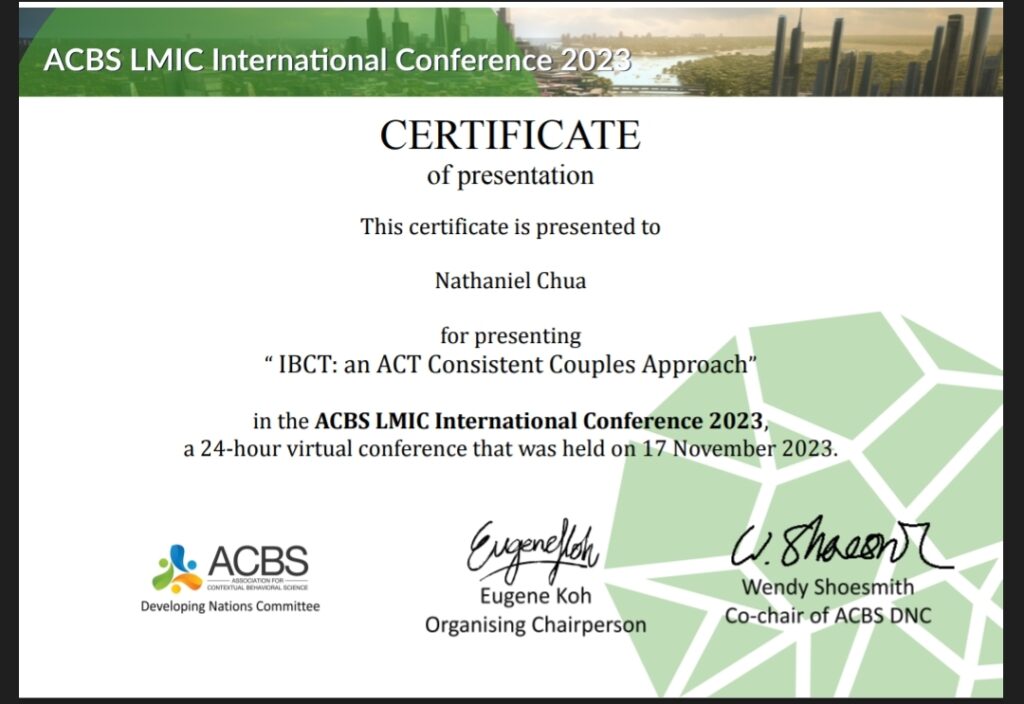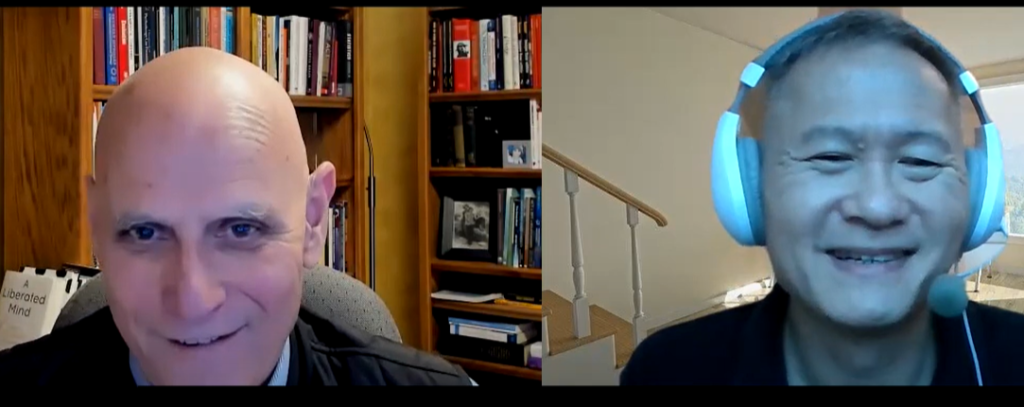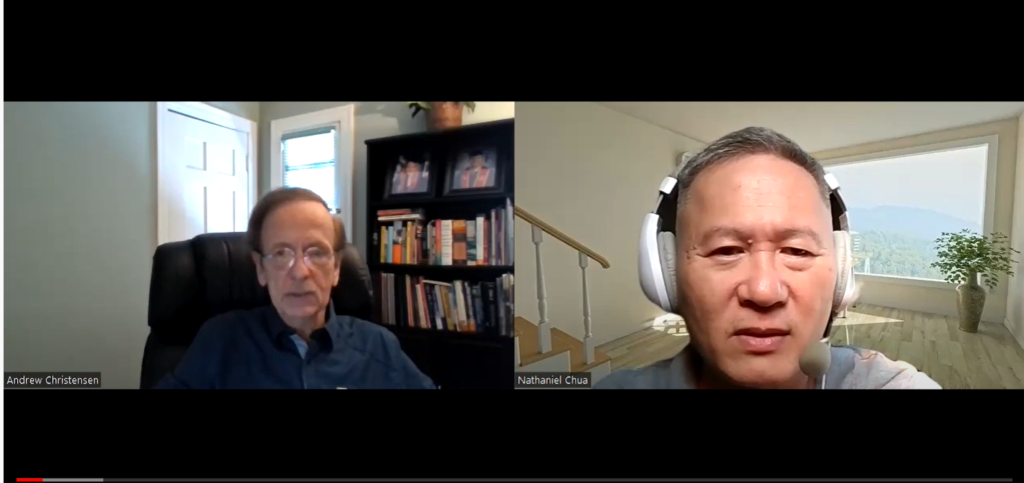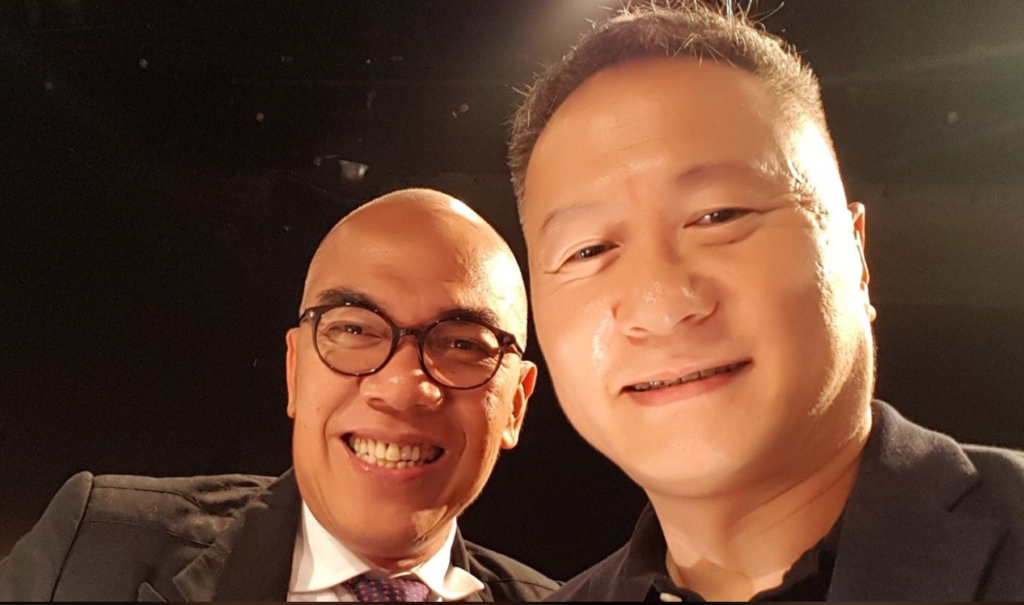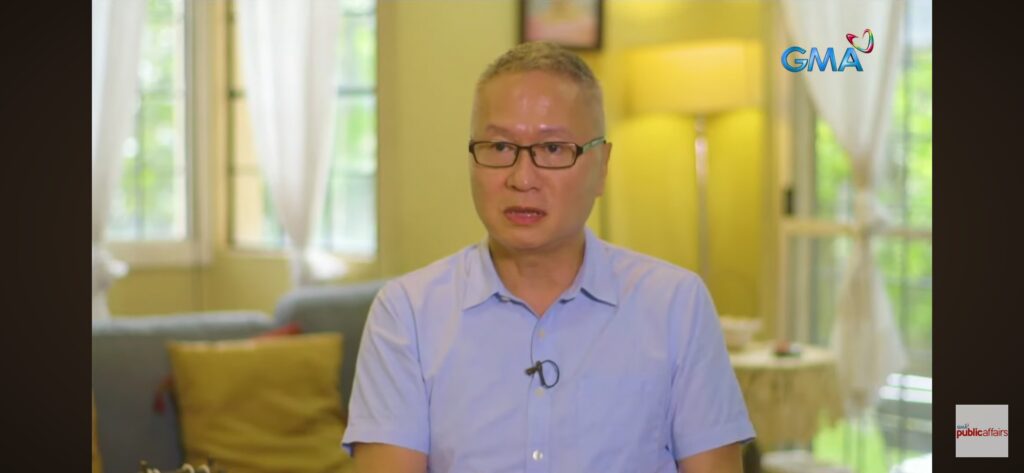by Nathan Chua
If you are old enough to watch the daily news or get regular updates online through social media platforms, you would be familiar with the all too common sights of road rage or someone who had just lost his or her temper and did something that was captured on a phone camera. We have seen how people do things that they would never have even dreamt about in reaction to their angry thoughts and feelings. How many times have we seen previously law-abiding citizens commit heinous acts and then later on regret what they had done when it was too late. In Acceptance and Commitment Therapy (ACT), the term used to describe this process of fusing with thoughts is “getting hooked.” Fusing with thoughts means our thoughts dictate what we do.
Yes, I should have seen it coming! It was in late September this year that I realized I had to re-register to vote. For those who are not from the Philippines, the background is about being automatically delisted as a voter if one has missed voting in two consecutive elections. I had thought all along that I had just missed one midterm election, but only to realize accidentally when I came upon a Facebook post that assessed my eligibility as a voter in late September, that I had missed voting in a small town (barangay) election that was held one year before the midterm elections. Of course, that induced some panic in me when I recalled online videos showing the horribly long queues of people lining up in the midst of a pandemic to register before the deadline set by the end of September! As I attempted to find ways to register where there were shorter lines and found out how tough it was to navigate the government website to print out the necessary forms, I realized that this will take a herculean effort. Sacrificing a day of productive work just to register as a voter was not exactly what I had envisioned for what is supposedly a democratic country where the right to vote is protected, facilitated, or made as easy as possible.
To cut the story short, I finally ended up having to deal with getting requirements to register all over again. And true enough, I felt the process was disproportionately tedious for the simple act of voting. Upon completing my documents I set out to register only to be told rather nonchalantly that my documents were unacceptable! You can just imagine how frustrating that could be after you had braved the long lines and a pandemic just to register.
I eventually got into a heated argument with the two people in charge of checking my documents. It took me about five minutes to realize that I had gotten hooked by my angry thoughts! Upon noticing what I had been doing, I quickly apologized for my behavior. It was not the person I wanted to be in that moment, and not the way I wanted to handle the situation. As you can see you are not alone in struggling with your anger. Even counselors like me can get hooked!
Here are other examples of getting hooked by our thoughts:
- Have you ever had an experience when you were having a dinner conversation with someone important only to realize that you missed half the conversation?
- Have you ever played with your child and all of a sudden noticed that your toddler is just about to fall off the crib?
- Or drove all the way to work and didn’t know how you got there or which route you took?
- Have you ever come home after someone tried to steal your bag during your walk? Once you arrive to your family, you would probably be talking about this experience with them for hours and even days. The experience can get you off your normal routines at home.
All of these involve something grabbing your attention and our minds start giving us reasons for not playing with our kids or hugging our partner. In other words, your world stops in those moments. You become less of the kind, loving, and caring person you used to be.
In my case, with all the bureaucratic requirements I had to go through, I was hooked by the thought that the government is bad. Hence, I felt physically tense the minute I went into the registration site. I failed to notice this and went about the business of registering not ready for any possible frustration that might come my way.
In hindsight, I was already hooked even before the challenging situation happened! It’s hard to recognize a hook until we notice that biting the hook has brought us in a different direction! This process of unhooking from our thoughts is based on what Dr. Steven Hayes explains as looking at our thoughts rather than looking from our thoughts. The original name for ACT was comprehensive distancing, which means distancing from the thoughts that our minds give us, so our thoughts don’t dictate what we do.
The first step in being able to distance ourselves from our thoughts is to be more noticing.
On that afternoon at the voter registration facility, I got hooked! I noticed only about five minutes into my ranting and quickly made amends to my ways. Some damage had already been done though and my thoughts began to run wild with shaming accusations that I am just not a good enough person, much less a counselor.
Well, here’s what ACT has to say about that too. We will get hooked no matter how hard we try to be more noticing, for we are only human. What doesn’t change though is that little voice in our heads that reminds us of what we want to be about in each and every moment. Realize that and ask ourselves after getting hooked, “Has anything that was important to us changed?” Perhaps not. Every time we fall into not noticing, we can always get up again and do our best in moving towards the person we want to be and the life we want to live.

